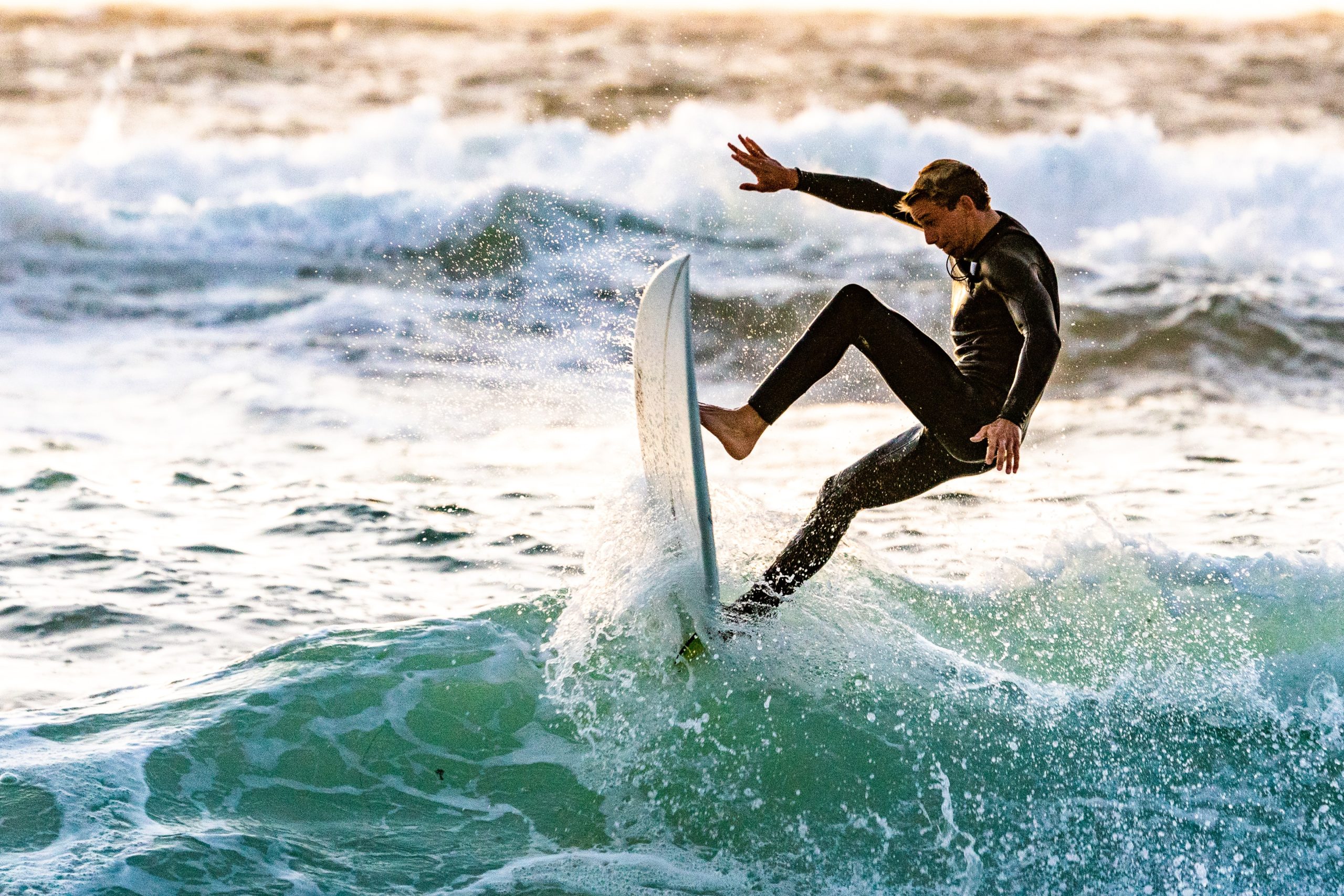The increasing rise of antibiotic-resistant bacteria is threatening the effectiveness of antibiotics, which have revolutionized medicine and saved countless lives. Surfers, in particular, are more susceptible to ingesting these harmful bacteria from seawater, according to a recent study.
Previous research shows the presence of harmful bacteria in coastal waterways and beaches despite considerable efforts to clean them up. Agricultural runoff from manure-treated crops and other pollutants from waste add to the buildup of harmful microorganisms in the water.
University of Exeter researchers conducted the study to find out if ingested seawater changes surfers’ microbiota, as well as if any of the bacterial strains within the gut show resistance to antibiotics. Cefotaxime was formerly recommended to kill E.coli bacteria, however, certain strains have developed mutations that allow them to resist this therapy. It was because of this that the researchers searched for cefotaxime-resistant strains of E.coli.
The team examined fecal samples from 130 non-surfers and 143 individuals who regularly surf the UK’s coastline. The study revealed roughly 9% of surfers had resistant strains of E.coli, compared to only 3% of non-surfers. This indicates that even if cefotaxime is used to kill the bacteria, they would continue to proliferate. Additionally, frequent surfers were found to be four times more likely to have bacterial species with transferable genes, enabling them to spread the adaptation of resistance to other strains of bacteria.
“Antimicrobial resistance has been globally recognized as one of the greatest health challenges of our time, and there is now an increasing focus on how resistance can be spread through our natural environments. We urgently need to know more about how humans are exposed to these bacteria and how they colonize our guts. This research is the first of its kind to identify an association between surfing and gut colonization by antibiotic-resistant bacteria,” says lead researcher Dr. Anne Leonard in a statement.
E. coli resistant to cefotaxime is common in recreational waters in the UK, according to the study. Moreover, this particular strain can donate its resistance genes to other types of bacteria, thereby increasing the number of microorganisms that can resist this antibiotic. If left unabated, according to the O’Neill study, within the next 30 years diseases caused by antimicrobial resistance could cause one death every three seconds.
Until recently, research has centered around the role of antibiotics and other medications in the emergence of these antibiotic-resistant microorganisms. New research like this study focuses on how the environment, in addition to hospitals, individuals, and food, spreads the disease.
“We are not seeking to discourage people from spending time in the sea, an activity which has a lot of benefits in terms of exercise, wellbeing, and connecting with nature. It is important that people understand the risks involved so that they can make informed decisions about their bathing and sporting habits. We now hope that our results will help policy-makers, beach managers, and water companies to make evidence-based decisions to improve water quality even further for the benefit of public health,” says Dr. Will Gaze.
“While this research highlights an emerging threat to surfers and bodyboarders in the UK it should not prevent people from heading to our coasts. Water quality in the UK has improved vastly in the past 30 years and is some of the cleanest in Europe. Recognizing coastal waters as a pathway for antibiotic resistance can allow policymakers to make changes to protect water users and the wider public from the threat of antibiotic resistance. We would always recommend water users check the Safer Seas Service before heading to the sea to avoid any pollution incidents and ensure the best possible experience in the UK’s coastal waters,” says David Smith, the Science and Policy Officer for Surfers Against Sewage, a marine conservation nonprofit working to defend bathing water quality.
This study is published in Environmental International.
